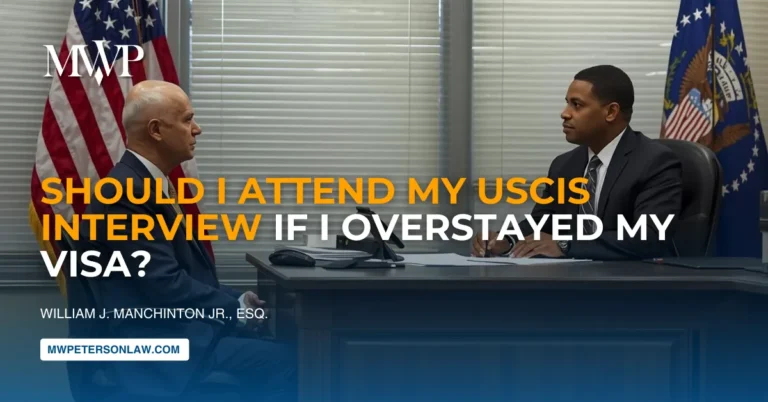Do You Need a Lawyer for Divorce in Massachusetts?
Do you need a lawyer for divorce in Massachusetts? In Massachusetts, divorcing couples face unique legal considerations that can dramatically impact their financial future and family relationships. While attorney fees might seem daunting upfront, understanding when legal representation is necessary could save you thousands in the long run.
Massachusetts Divorce Types: Understanding Your Options
Massachusetts offers two main “no-fault” divorce paths with significantly different processes:
1A Divorce: The Uncontested Path
A “1A” divorce is Massachusetts’ uncontested divorce option, available when both spouses agree the marriage has irretrievably broken down AND have reached a comprehensive written agreement on all issues including:
- Child custody and parenting time
- Child support (following Massachusetts Guidelines)
- Division of marital assets and debts
- Alimony considerations
- Any other financial matters
This streamlined process requires filing a Joint Petition for Divorce, financial statements, and your notarized separation agreement with the Probate and Family Court. After a relatively simple hearing where a judge reviews your agreement, a judgment nisi enters 30 days later, with the divorce becoming final after 90 more days.
1B Divorce: The Contested Path
When spouses cannot agree on divorce terms or when only one spouse believes the marriage has ended, Massachusetts offers the “1B” contested divorce process. This path involves:
- Filing a Complaint for Divorce (by one spouse)
- Formal service of process to the other spouse
- A mandatory six-month waiting period before the earliest possible hearing
- Potentially lengthy discovery processes
- Temporary orders hearings for immediate issues
- Pre-trial conferences
- Possible trial if settlement isn’t reached
The 1B process can easily stretch 12-18 months and costs can quickly escalate into tens of thousands of dollars in legal fees when fully litigated.
When Can You Handle a Massachusetts Divorce Without an Attorney?
You might consider proceeding without full legal representation when:
1. You have a truly uncontested 1A divorce with:
- No minor children
- A short-term marriage (generally under 5 years)
- Minimal shared assets and debts
- No complex property like businesses or retirement accounts
- No significant income disparity between spouses
2. Both parties have complete financial transparency and trust
3. You’re comfortable navigating Massachusetts’ specific court forms and procedures
Even in these situations, consulting with an attorney for a document review ($500-1,500) before finalizing your agreement can prevent costly mistakes. Massachusetts courts provide helpful resources through their website, but these can’t substitute for legal advice tailored to your situation.
When Massachusetts Divorce Absolutely Requires an Attorney
Massachusetts divorce law contains nuances that make attorney representation essential when:
1. Children are involved: Massachusetts applies the “best interest of the child” standard through complex custody determinations and child support calculations that follow specific Guidelines worksheets.
2. Long-term marriages: Massachusetts considers marriages over 20 years “long-term” with special considerations for asset division and potential lifetime alimony.
3. Complex assets: Massachusetts follows “equitable distribution” principles that require careful valuation and division strategies for:
- Retirement accounts requiring specialized QDRO (Qualified Domestic Relations Order) documents
- Business interests needing proper valuation
- Real estate holdings with complex equity calculations
- Inheritance or trust interests
4. Alimony considerations: Massachusetts reformed its alimony laws in 2011 with specific duration guidelines based on marriage length.
5. Power imbalances: Exist between spouses (financial, emotional, or related to domestic violence)
6. Hidden assets are suspected: Massachusetts requires complete financial disclosure, and attorneys can utilize discovery tools to uncover concealed assets.
The Mediation Alternative: A Middle Path
Massachusetts has embraced divorce mediation as an effective middle ground. Mediation involves:
- Working with a neutral third-party mediator (often an attorney) who helps facilitate agreement
- Both spouses participating in cooperative negotiation sessions
- Developing a comprehensive separation agreement together
- Potentially consulting with “review attorneys” who analyze the agreement before signing
Mediation typically costs $3,000-8,000 total (shared between spouses), dramatically less than fully contested litigation which can exceed $50,000 per spouse.
Massachusetts Procedural Requirements You Can't Ignore
Massachusetts divorce involves specific procedural requirements including:
- Mandatory financial statement filing (Short Form or Long Form depending on income)
- Parent education program completion when children are involved
- Rule 411 automatic financial disclosures
- Specific court filing fees ($215 for complaint, $5 for summons)
- Proper service of process for 1B divorces
- Child Support Guidelines worksheets
An experienced Massachusetts divorce attorney navigates these requirements daily, preventing costly delays or judgment denials.
The Final Analysis: Cost vs. Benefit
Even with Massachusetts attorney fees ranging from $250-500+ per hour, consider this: mistakes in your divorce agreement could cost exponentially more through:
- Inequitable property division you can’t later modify
- Insufficient child support or alimony
- Tax consequences not properly considered
- Retirement impacts not properly calculated
- Future litigation costs to fix avoidable problems
Conclusion
In Massachusetts, whether you need a divorce attorney depends on your specific situation. For truly simple, amicable divorces with minimal assets and no children, handling the process yourself may be reasonable with some professional guidance.
For most Massachusetts divorces, however, at minimum consulting with an attorney for strategic advice and document review provides essential protection. When children, significant assets, or complex financial situations exist, full attorney representation likely represents the wisest investment in your future.
Remember that while contested litigation is expensive, attempting mediation or negotiated settlement with attorney guidance often provides the most cost-effective approach to achieving a fair Massachusetts divorce resolution.
This guide provides general information about Massachusetts divorce law but does not constitute legal advice. For guidance specific to your situation, please consult with a Massachusetts attorney











